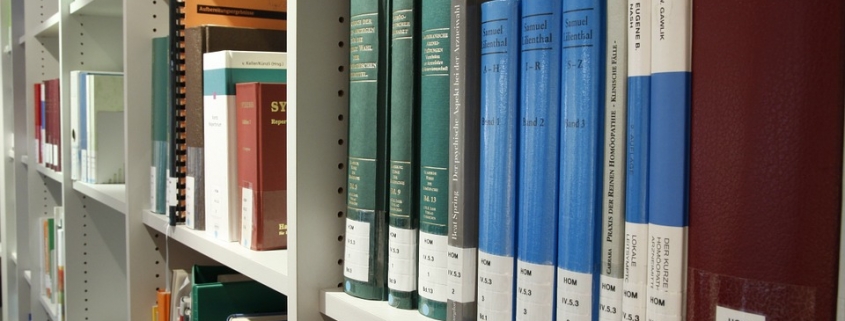How to Write an Effective Thesis Conclusion
At this point in your writing, you have most likely finished your introduction and the body of your thesis, dissertation, or paper. While this is a reason to celebrate, you should not underestimate the importance of your conclusion. The conclusion is the last thing that your reader will see, so it should be memorable. Writing a good thesis conclusion section is a simple process, but it is not always easy.
A good conclusion will review the key points of the dissertation and explain to the reader why the information is relevant, applicable, or related to the world as a whole. Make sure to dedicate enough of your writing time to the conclusion and do not put it off until the very last minute. This article provides an effective technique for writing a conclusion of a thesis so as to submit a good paper.
While the thesis introduction starts out with broad statements about the topic and then narrows it down to the thesis statement, a thesis conclusion does the same in the opposite order.
Hints to Writing a Good Thesis Conclusion
-
Restate the thesis
The best way to start a conclusion is simply by restating the thesis statement. That does not mean just copying and paste it from the introduction, but putting it in different words. You will need to change the structure and wording of it to avoid sounding repetitive. Also, try to avoid sounding apologetic by using phrases like “This paper has tried to show…”. Leave the reader satisfied. Be firm in your conclusion just as you were in the introduction.
The conclusion should address all the same parts as the thesis while making it clear that the reader has reached the end of the paper. You are telling the reader that your research is finished and what your findings are. Do not use references here and make sure to use a tense that indicates that all the points you mentioned in your introduction have already been discussed.
-
Review or reiterate key points of your work
The next step is to review the main points from the paper. Look back at the body of your paper and make a note of the topic sentence of each paragraph. You can reword these sentences the same way you reworded your thesis statement and then incorporate that into the conclusion. You can also repeat striking quotations or statistics, but do not use more than two. As the conclusion represents your own closing thoughts on the topic, it should mainly consist of your own words.
In addition, conclusions can contain recommendations to the reader or relevant questions that further the thesis. You should ask yourself what you would ideally like to see your readers do in reaction to your paper. Do you want them to take a certain action or investigate further? Is there a bigger issue that your paper wants to draw attention to?
Also, try to reference your introduction in your conclusion. You have already taken the first step by restating your thesis in your conclusion. Now check whether there are other keywords, phrases, or ideas that are mentioned in your introduction that fit into your conclusion. Connecting the introduction to the conclusion in this way will help readers leave feeling satisfied.
-
Explain why your work is relevant
Although you can encourage readers to question their opinions and reflect on your topic, do not leave loose ends. You should provide a sense of resolution and make sure your conclusion wraps up your argument. Pay special attention to make sure you explain why your thesis is relevant to the field of research and how the results of your research fit in.
-
A take-home message for the reader
End your conclusion with something memorable, such as a question, warning, or call to action. Your reader will probably wonder: “Why should I care?” By ending your conclusion with a broad question that causes the reader to consider how to use the information you provided them with, you can help them answer this question. Depending on the topic, you can also end with a warning or call to action. This will give the reader a reason to care and a possible way to use the information contained in your paper.
Need more advice? Continue reading about how to write a good thesis conclusion here.



